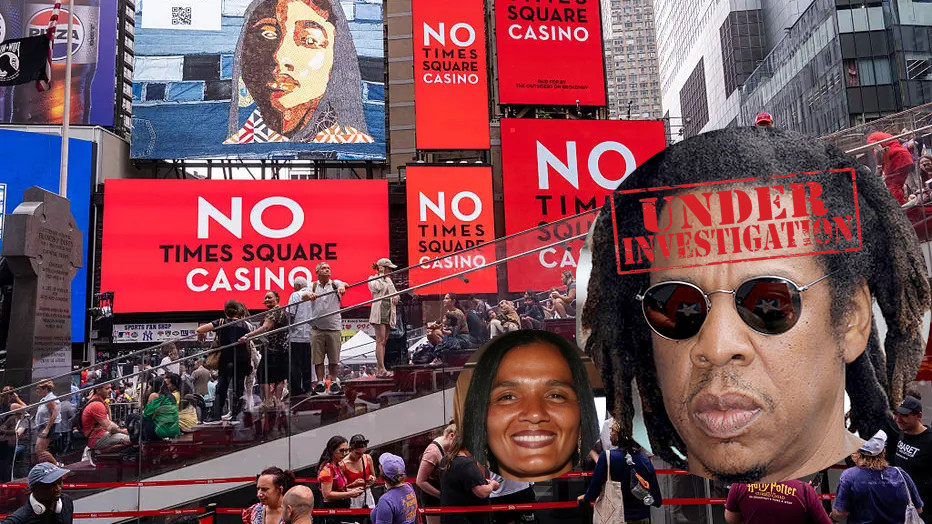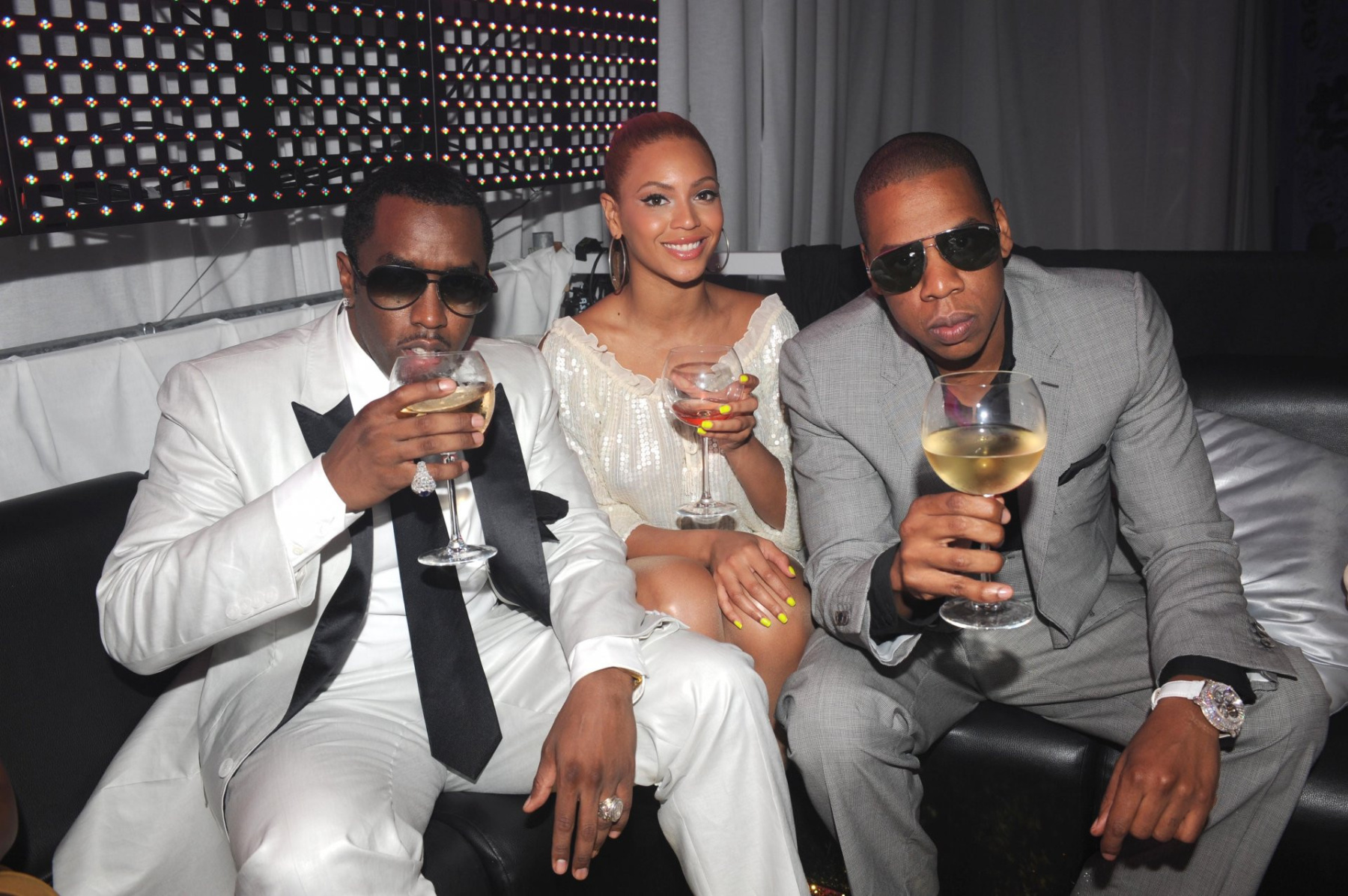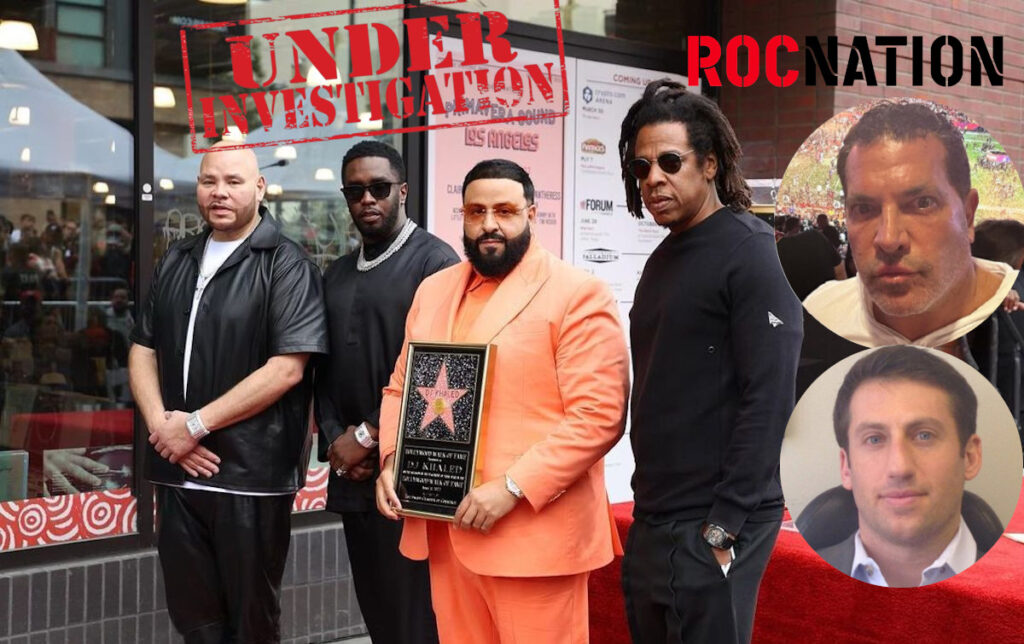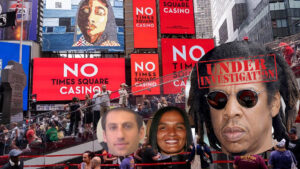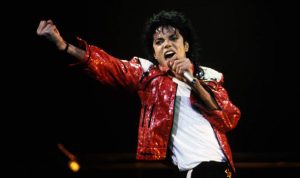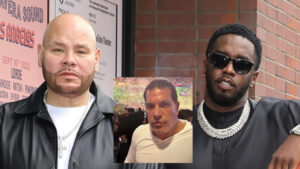In a recent wave of discussion about celebrity culture, notable figures Jay-Z and Beyoncé have found themselves at the center of controversy regarding their daughter, Blue Ivy Carter. Rumors circulated that the young girl has undergone plastic surgery, raising eyebrows and prompting reflection on societal norms surrounding beauty standards and youth.
The discussion began after a video surfaced on social media platforms, including YouTube, where the topic was discussed in a sensational manner. This has led to a broader debate about the implications of such claims and the pressure children of famous parents may face regarding their appearances. Critics argue that the rampant speculation surrounding celebrity children not only affects these individuals personally but also reflects societal tendencies that prioritize surface-level beauty over substantive qualities.
Psychologists and cultural commentators have weighed in on the matter, emphasizing the importance of fostering self-acceptance in children. They warn against normalizing surgical procedures at a young age, noting that this can create unrealistic expectations and instill the belief that one’s value is tied to their physical appearance. These discussions resonate beyond the individual, calling into question the larger framework of celebrity influence on youth culture today.
On the flip side, supporters of the stars argue that celebrities should not be held accountable for the embellished narratives that sometimes emerge about their lives, particularly regarding their children. They advocate for understanding the complexity of living in the public eye, which presents unique challenges and can skew perceptions of reality.
As conversations evolve, the outcomes of the situations involving children in high-profile families become crucial in setting societal norms, and their implications may pave the way for future discussions about beauty standards, self-esteem, and parental influence in an ever-watchful media landscape.


